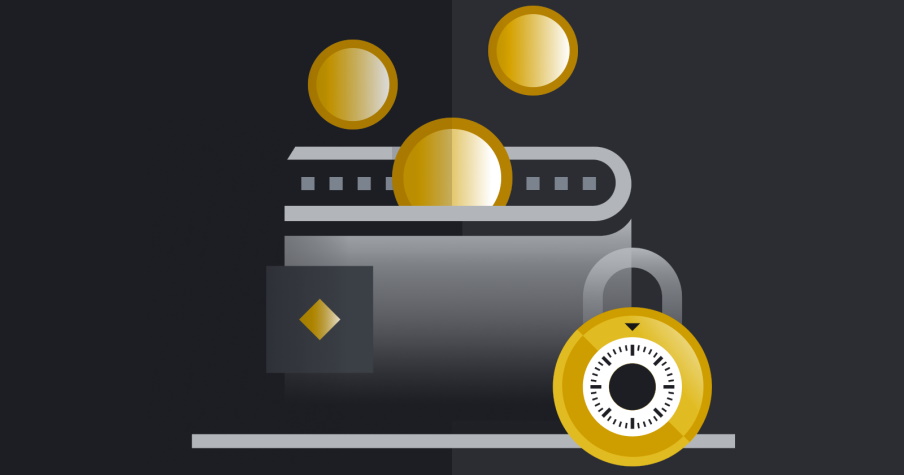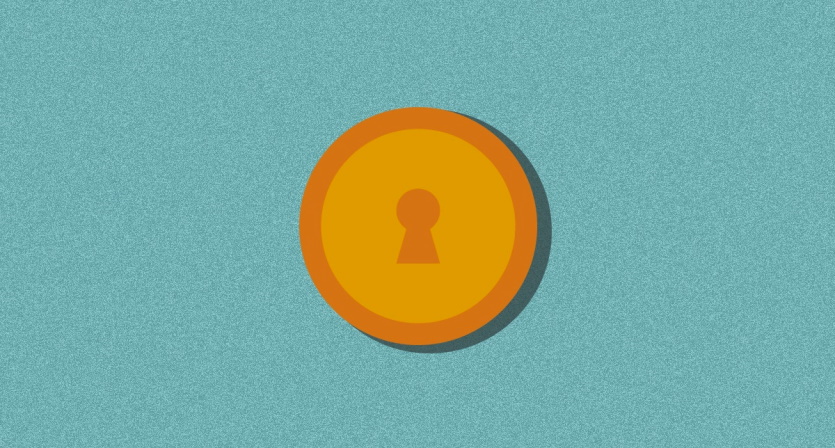Choosing where and how to keep your bitcoins may be influenced by your personal financial goals, such as the amount of money you plan to save, spend, or invest in cryptocurrency in the future. There are two basic types of “digital wallets”: hot wallets and cold wallets.
Most of your cryptocurrency should reside in a cold wallet rather than a hot wallet. Ideally, this should be kept in a fireproof and lockable safe in your own house. To replenish the hot spending wallet, you can use the cold savings wallet, the safest ways to store bitcoin in a mobile wallet, desktop wallet, web-based wallet, or a piece of hardware that acts as a wallet. To access their Bitcoins in any of these wallets, users will need a set of private keys. If you lose or forget your digital Bitcoin wallet’s private keys, you risk losing all of your money. So here is how to safely store cryptocurrency:
Hardware wallets
Hardware wallets store digital currency such as Bitcoin on physical media such as a hard drive or a USB flash drive. Digital wallets and offline wallets for Bitcoin are becoming prevalent, but hardware wallets are harder to come by.

- Hardware wallets have the following advantages
No personal information is stored on the hardware wallet, making transactions fully anonymous. Hardware wallets are more secure than offline wallets since they cannot be infected by malware, unlike offline wallets.
- Hardware wallets have a few drawbacks
If you’re looking for an alternative to digital wallets, a hardware wallet is ideal because it doesn’t suffer from the same issues as a digital wallet. The money in your hardware wallet will be gone if you lose your wallet.

Paper wallets
To use a paper wallet for Bitcoin storage, you’ll need a good deal of knowledge and understanding of cryptocurrencies and the Bitcoin blockchain itself. Printing Bitcoin paper wallets is possible using services like Bitcoin Paper Wallet and Wallet Generator, but you should carefully weigh the benefits and drawbacks before doing so.
- Paper wallets have advantages:
Paper wallets, like hardware wallets, provide the user with some degree of privacy. Bitcoin paper wallets employ a seed phrase to transfer coins in a tiny amount of space.
- Paper wallets have some drawbacks:
Paper wallets have the same drawbacks as hardware wallets, such as printer network security. It’s possible that your paper cash won’t work if the paper is misplaced or destroyed.
If you want to locate the most acceptable Bitcoin storage solution, you need to know what you’re spending and saving patterns are and then make an informed decision based on that knowledge. The features offered by several wallets can now be compared with greater accuracy, allowing you to decide which wallet is best for your hold cryptocurrency safely.

 E&E Congress 2020 is a leading meetings, events, and gambling technology provider. Our comprehensive suite of solutions automates and simplifies the entire event management process to maximize the impact of events.
E&E Congress 2020 is a leading meetings, events, and gambling technology provider. Our comprehensive suite of solutions automates and simplifies the entire event management process to maximize the impact of events.

